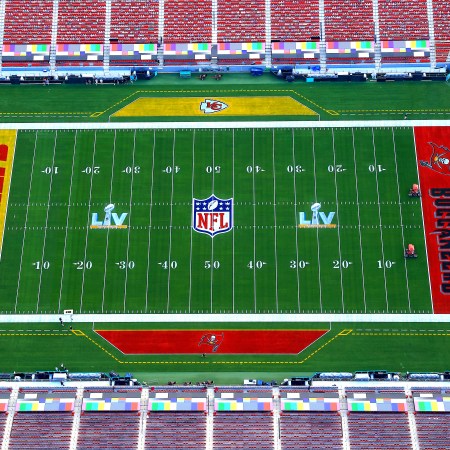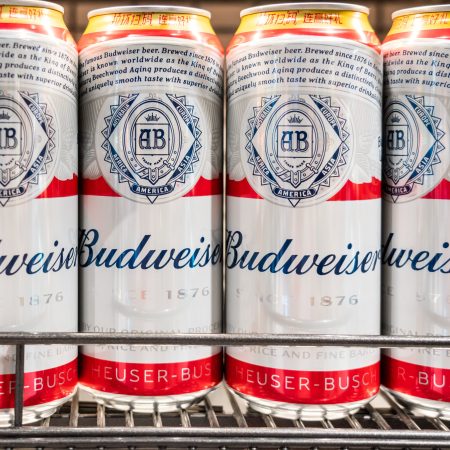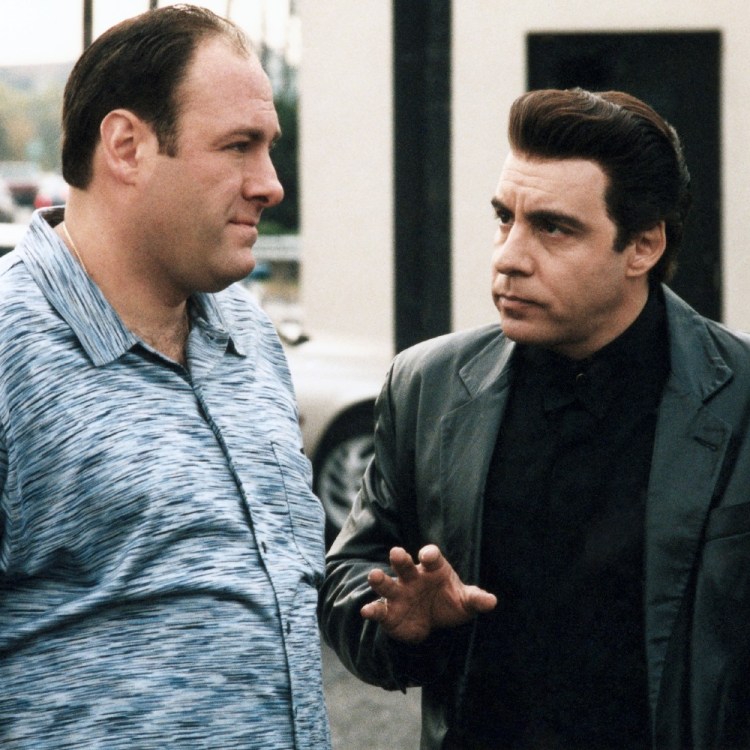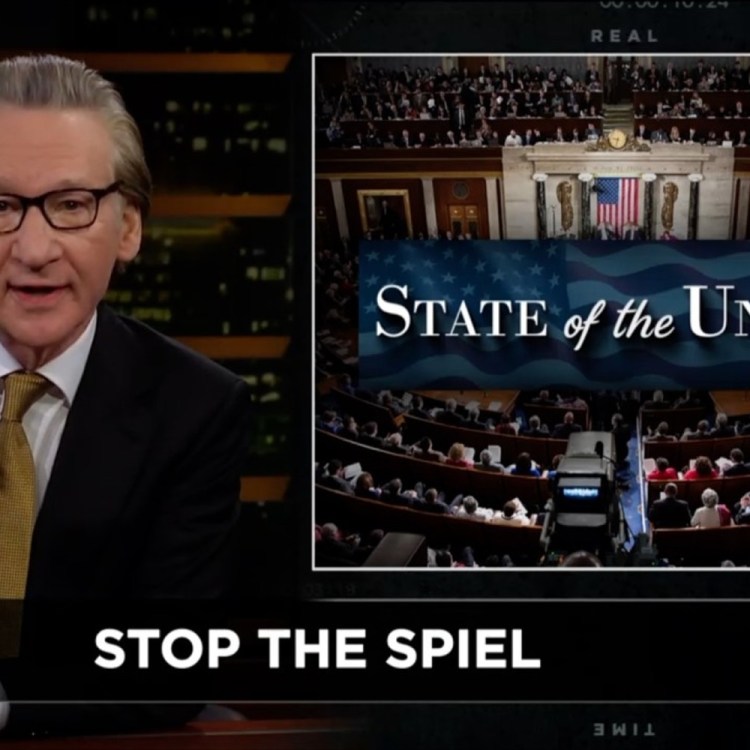If you’re tuning in to Super Bowl LVII this weekend, will you be doing so for the football or the ads? If you’re in the latter camp, you’re not alone — a 2021 survey indicates that 43% of those who watched the proverbial Big Game did so to see the commercials rather than to watch what’s nominally the pinnacle of pro football.
Still, it’s not hard to see the appeal of committing several hours of your Sunday night to keep an eye on Super Bowl ads, even if a lot of them are already up on YouTube. Sometimes, watching these commercials is a way of keeping up with the zeitgeist — call it the “can you believe they’re going to Mars in the Fast X trailer?” factor. And sometimes, it can be much more about being annoyed at the ad than being annoyed at whatever company paid millions of dollars for the ad, and then being annoyed with yourself for watching it.
Some of this hate-watching comes with the territory of Super Bowl ads. In a recent article for Slate, Ben Purkert takes things a step further and argues that, for some advertisers, hate-watching isn’t a side effect — it’s the goal. Purkert points to the once-ubiquitous Super Bowl ads for web host GoDaddy, which blended crude innuendo with a winking, leering attitude. The ads, Purkert points out, were soundly criticized, and yet they led to a growth in GoDaddy’s business. People might’ve been hate-watching, but they were still watching and talking about the ads, getting the company buzz in the process.
Advertisers Bet Big MLB’s Field of Dreams Game Will Be Must-See TV
Fox set an ad revenue record around Thursday’s game between the Yankees and White Sox“Many Super Bowl ads aren’t actually trying to be good,” Purkert writes. “They’re just out to shock us awake, to sizzle our brains, to spike our dopamine.” And with hate-watching and hate-reading an increasingly prominent part of people’s media diet in the last five or six years, if social media is any indication, it begs the question of whether cringeworthy Super Bowl ads helped lay the groundwork for that.
Still, there’s also another option: if you see something that looks designed to provoke by sheer virtue of how terrible or offensive it is, you could always not take the bait. Some argue that all press is good press — but the worst kind of press is silence, after all.
Thanks for reading InsideHook. Sign up for our daily newsletter and be in the know.


















